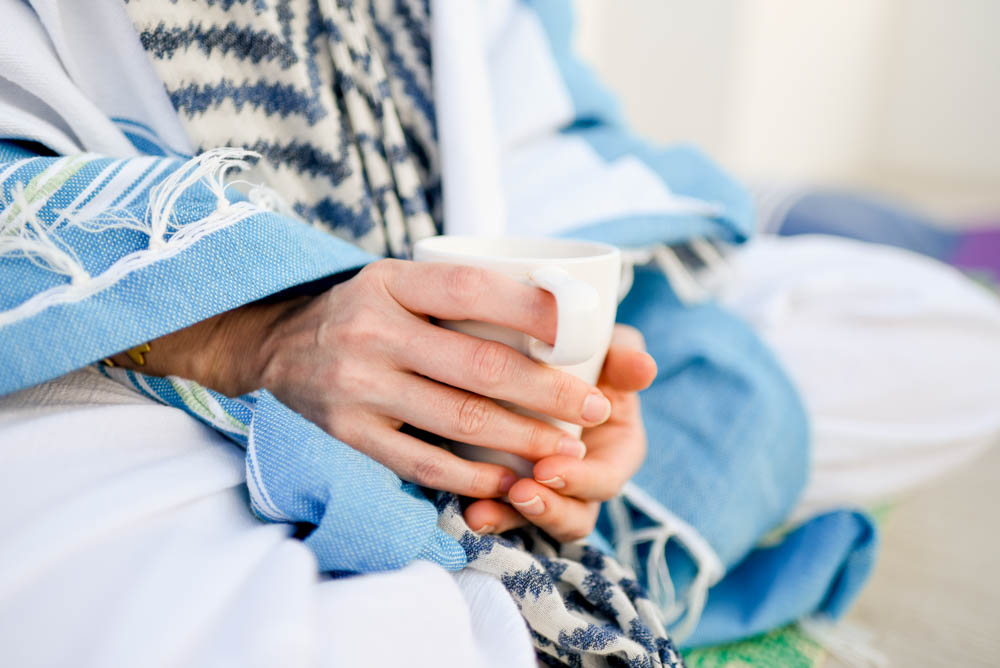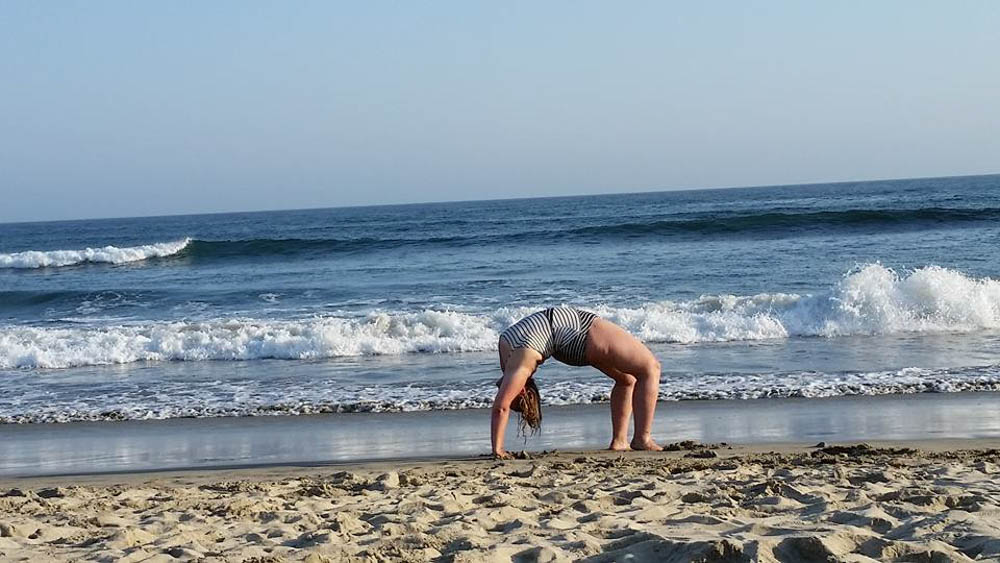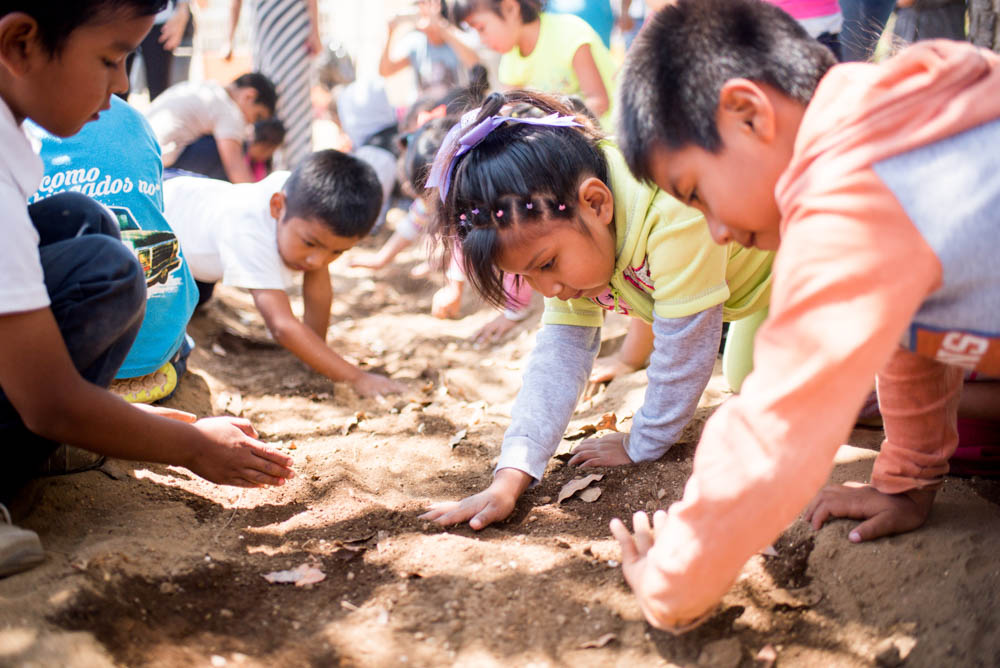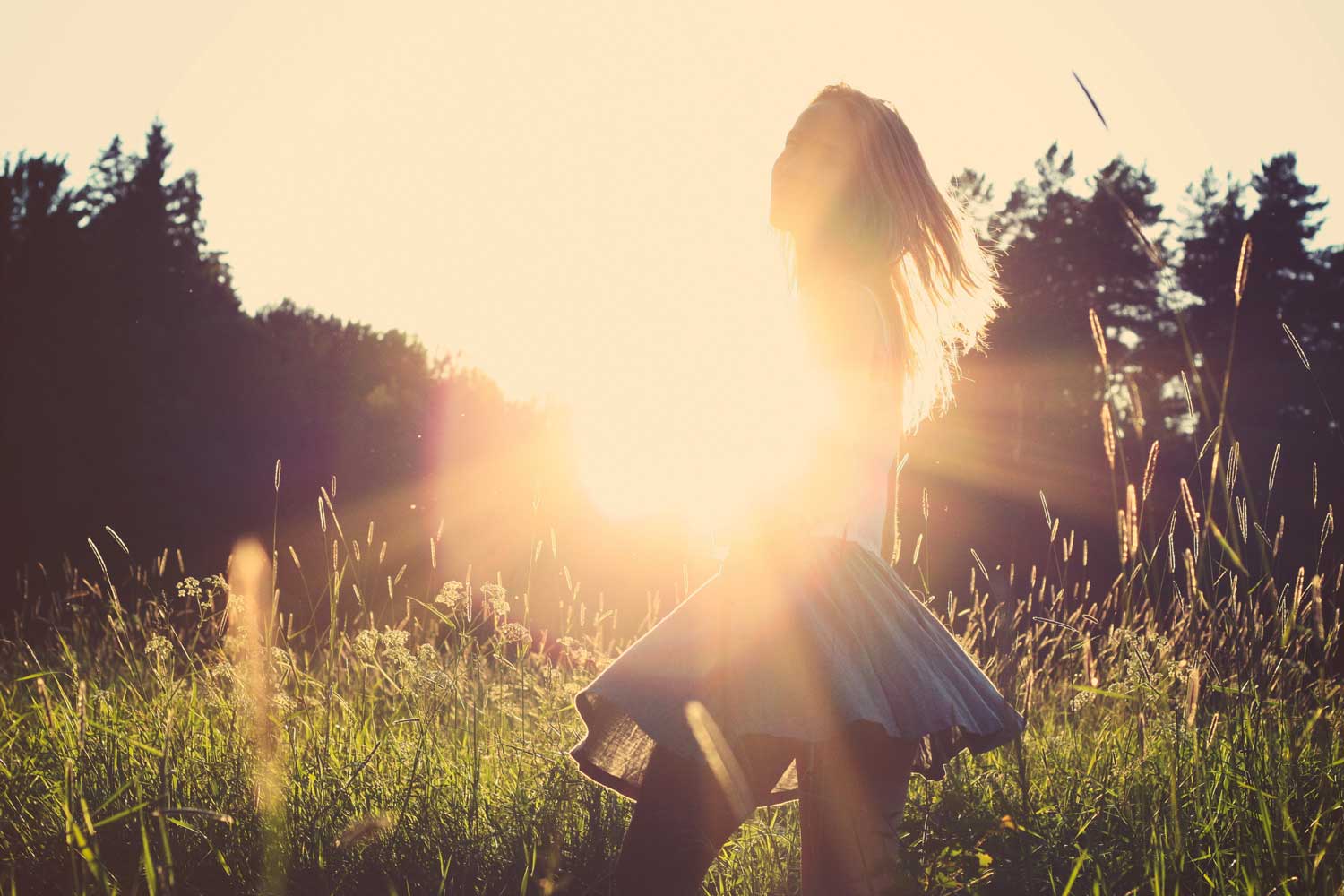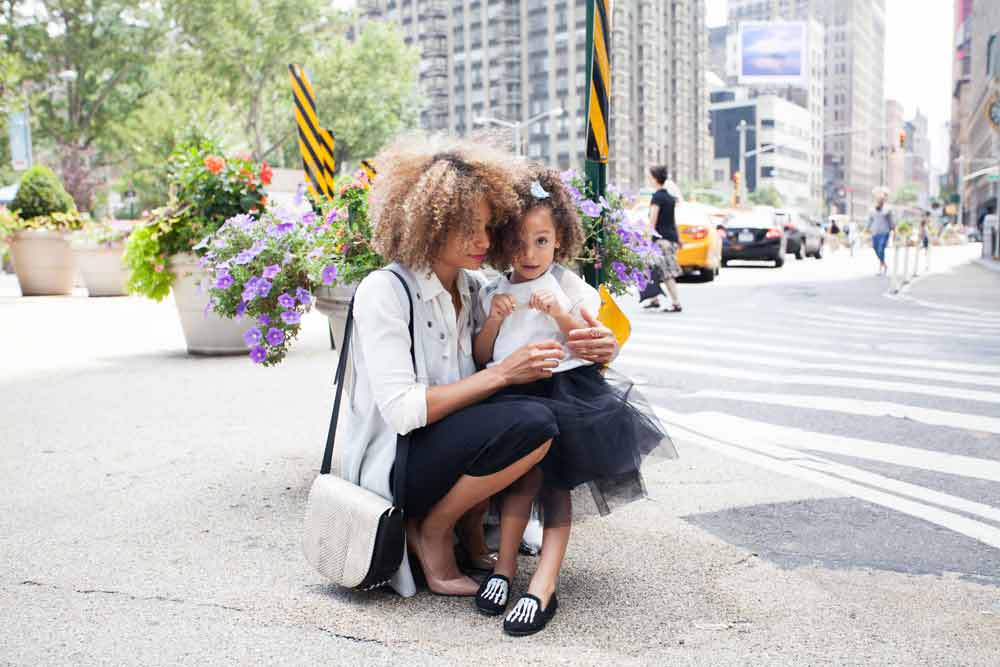Life can be an incredibly difficult and enlightening journey. I learned this at an early age. I’ve suffered through losses—my father, brother and my first baby have all died. My mother and I do not speak. At all. I’ve survived gang rape and molestation at the hands of many men and boys. For far too long, I have chosen to suffer mostly alone, not knowing how to share with others without burdening loved ones with my pain. I’ve found the ability to do transformative work in yoga sessions but it’s only 60 to 90 minutes. Then it’s gone. The benefits leak out slowly. As hard as I work to retain them, it’s like capturing air with a fishing net. I wanted more and I needed guidance to do it.
So when my yoga teacher Mandy Roberts told me that there were still spaces open on her and her business partner’s Soul Nourish retreat, which was heading to Todos Santos, Mexico, I gave it real consideration. I’d seen the posters for previous Soul Nourish Retreats when I’d gone to practice yoga in her studio in Decatur, Georgia. But when she personally reached out to say, “Hey, Kirsten, I really think you might enjoy this,” it gave me pause. It wasn’t just yoga, after all. Mandy Roberts, owner of Form Yoga, has teamed up with Shari L. Fox, owner of Soul Nourish Institute, who is an enneagram instructor as well as a certified yoga instructor. The six-day trip promised to be full of adventure, plus loads of mindful meditation, inner work—a soulful journey. A gift to oneself. And I said yes.
I said yes to magic. To transformation. To nurturing myself and to nurture others. I said yes to feeling the quiet strength of 15 women in a room sitting silently, setting intentions for themselves and then going about the day mindfully intent on carrying out their intentions. I said yes to swimming in the Sea of Cortez, blue water deep, sea lion pups whirling around us, saying yes to the fun too. I said yes to learning to surf with Jan Federico William Bird, a Mexican-born holistic health mentor and regenerative ecological designer, consultant, and educator. I said yes to going on a Seva trip, which was an opportunity for the retreat attendees to serve selflessly by planting an organic vegetable garden and fruit-bearing trees at a local elementary school where families are often hungry during slow tourism months. I said yes to rising with the sun and meeting my new friends for guided meditation on the rooftop of our eco-luxury resort looking over the desert toward the Pacific Ocean.
It is incredibly hard to suffer, but it is brutal and unnecessary to suffer alone.
I said yes to practicing yoga in a room with women who all had different body shapes than me, some who had been doing yoga for far more time than me and some who’d only taken a class or two. I said yes to laughing during yoga and even a little dancing too. I said yes to holding a new friend’s hand. I said yes to a vision quest of which I was doubtful of at first but ultimately felt tremendous healing from while watching energy of spirits pass through me. I said yes to learning about enneagram, a typology that maps out your personality type, and I said yes to being open to what my type says about me, my vices and my virtues, and how I can better navigate the world knowing both my type and my instincts. I said yes in letting a room full of women come together and offer their love and healing blessings to me and to each other. I said yes to sharing my losses and listening to others share theirs. I said yes to feeling less alone. I said yes to making magic, to being magic. I said yes to myself and I said yes to others. I said yes to the lessons that came to me there: We are all emanating lights of energy with or without the vessel of a body. It is incredibly hard to suffer, but it is brutal and unnecessary to suffer alone.
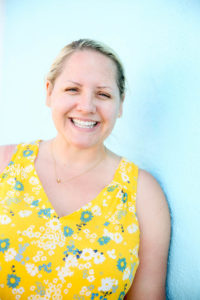 Coming home from the trip, I was energized and felt awash in love and care. Nearly seven months later, I still am radiating the positive energy I garnered in Mexico. It’s pure magic what Shari and Mandy have created and I can’t wait to go back. Shari and Mandy have two international Soul Nourish Retreats planned this year, one in Sicily and one back in Todos Santos, Mexico, along with several in the North Georgia mountains. Maybe I’ll see you there.
Coming home from the trip, I was energized and felt awash in love and care. Nearly seven months later, I still am radiating the positive energy I garnered in Mexico. It’s pure magic what Shari and Mandy have created and I can’t wait to go back. Shari and Mandy have two international Soul Nourish Retreats planned this year, one in Sicily and one back in Todos Santos, Mexico, along with several in the North Georgia mountains. Maybe I’ll see you there.
Kirsten Palladino is the author of Equally Wed: The Ultimate Guide to Planning Your LGBTQ+ Wedding (May 2017, Seal Press), and the cofounder and editorial director of equallywed.com. She’s currently working on a memoir about healing herself after trauma, a topic she infrequently blogs about on foragedwellness.com. She lives with her spouse and their twin boys in Atlanta, Georgia.
Photos by 2TPHOTO

